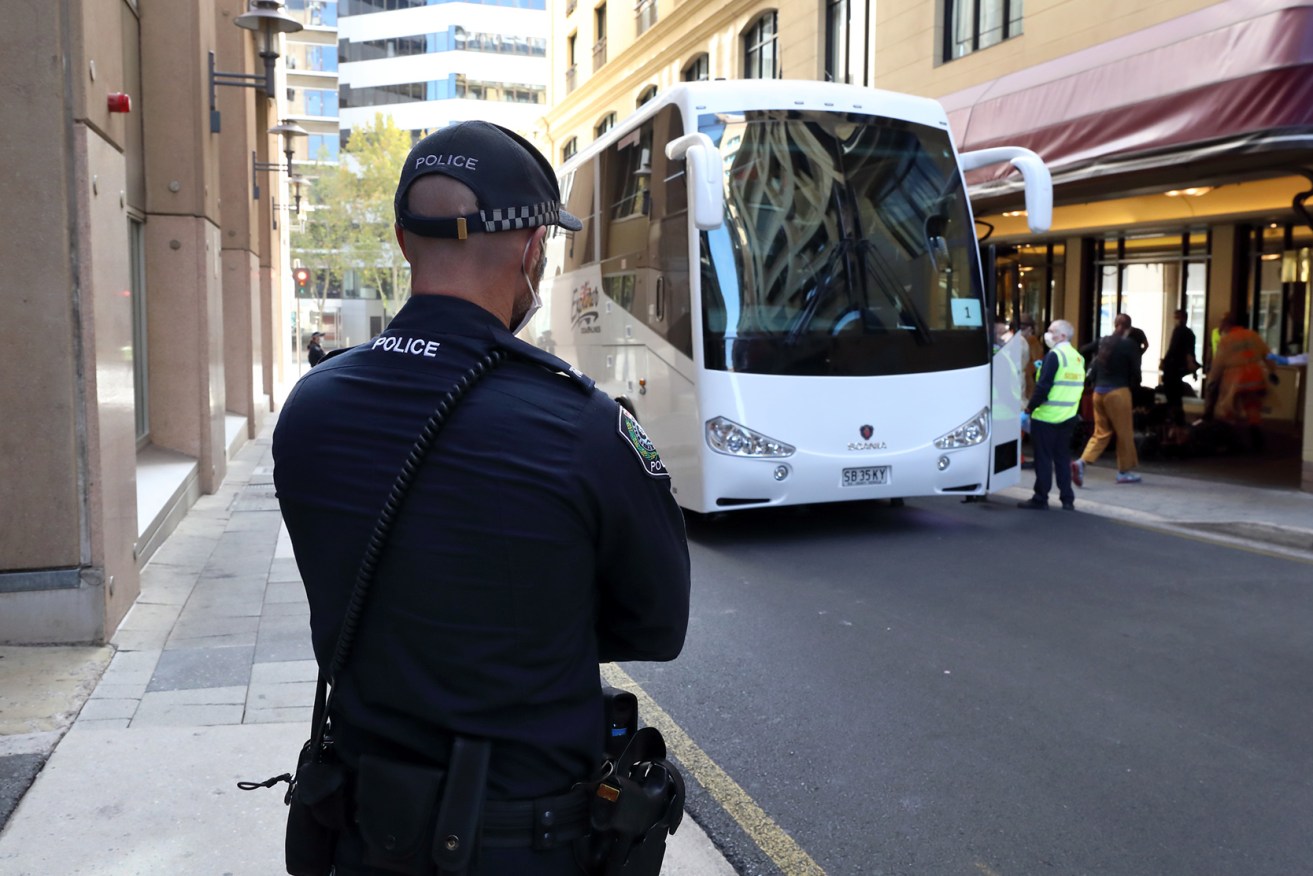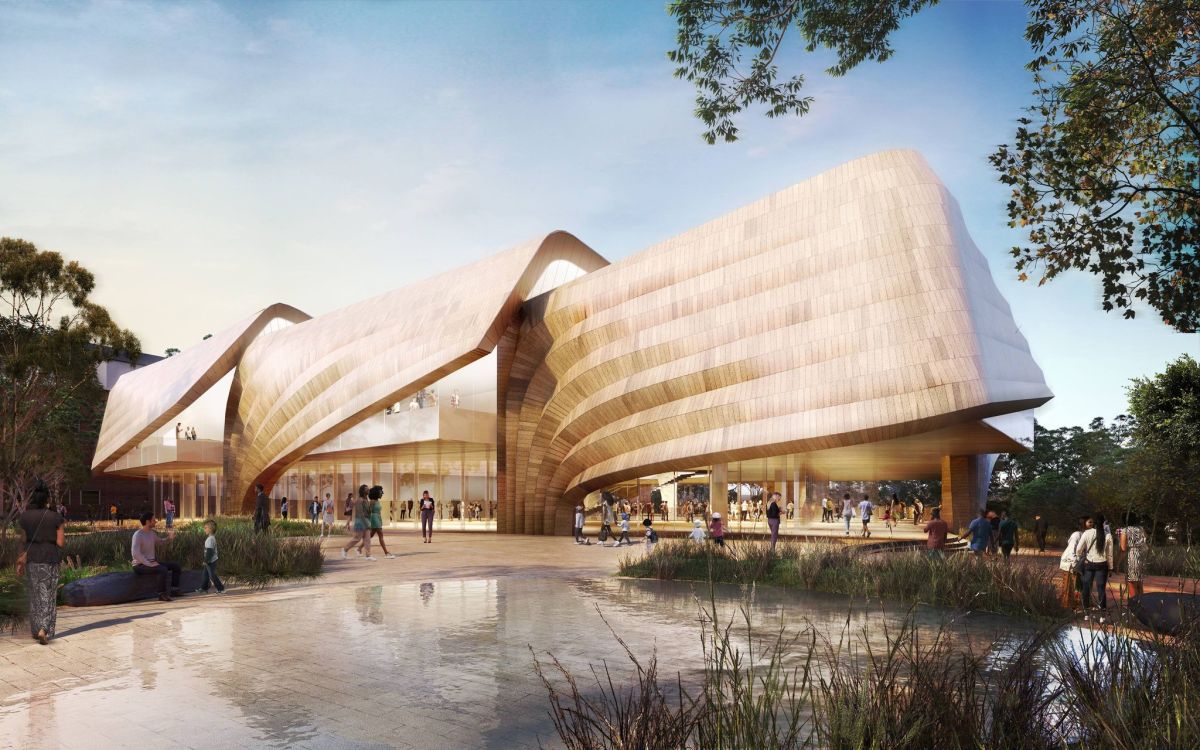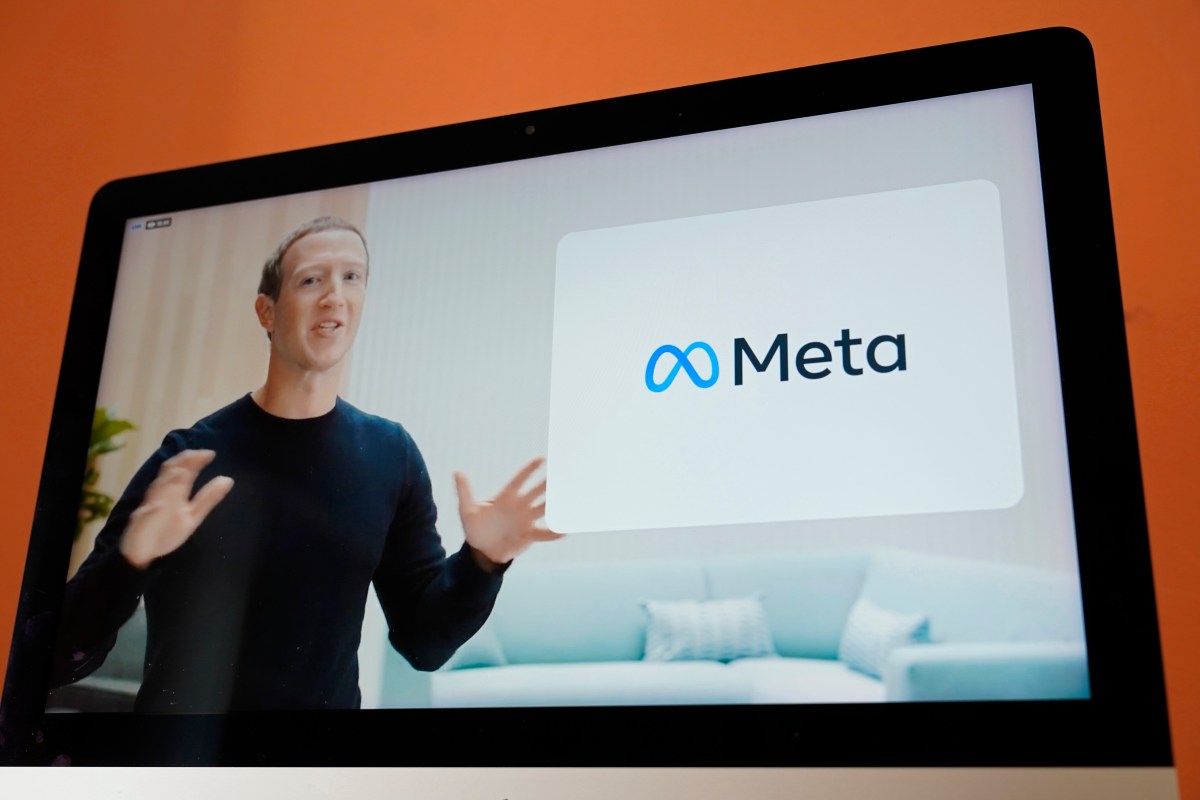What we know today, Friday October 29
A man and woman have been arrested for a medi-hotel breach, while ICAC will begin an in-depth evaluation of a major SA superannuation fund.

Photo: Tony Lewis/InDaily
- Two arrested over Adelaide medi-hotel breach
- ICAC to review major SA super fund
- Cregan voices concern about Libs data access
- SA business confidence tails off
- Green light for electric vehicle tax
- Aboriginal Cultures Centre gets final approval
- Facebook changes company name to ‘Meta’
- ‘COVID care centres’ to treat infectious South Australians
- Vaccinated easily transmit Delta: UK study
Two arrested over Adelaide medi-hotel breach
A man and woman will face an Adelaide court today after being arrested in a city medi-hotel overnight.
Police said a 22-year-old man from Victoria and an 18-year-old woman from Keswick in Adelaide were charged at 10.45pm with breaching the Emergency Management Act.
Police allege the woman left her room and entered the man’s room. He had already been fined on Wednesday for leaving his room.
Both were refused bail and will appear in the Adelaide Magistrates Court.
ICAC to review major SA super fund
Independent Commissioner Against Corruption Ann Vanstone will begin an in-depth evaluation of SA Super in November.
In a statement today, Vanstone said evaluating Super SA’s “practices, policies and procedures” as part of its statutory function to prevent or minimise corruption in public administration.
Vanstone said that with more than 200,000 members, “Super SA performs an important function in South Australian public administration”.
“It is essential that Super SA has effective systems in place to prevent corruption. An ICAC evaluation is an effective way to examine a public authority’s operations and how it guards against corruption,” she said.
“The ICAC has previously conducted five evaluations. All have provided valuable recommendations to public authorities. An evaluation is not an investigation of particular conduct. If during the course of an evaluation conduct is identified which requires investigation, that conduct will be dealt with separately and in accordance with the legislation.
The evaluation will explore the extent to which Super SA’s governance framework adequately guards against the risks of corruption, its practices, policies and procedures in human resources management including recruitment, project and contract management and whether practices, policies and procedures in these three areas provide appropriate safeguards to control against corruption.
“As the evaluation proceeds it may be necessary to amend the scope in light of information received,” Vanstone said.
ICAC will invite public submission in due course and expects to deliver a report to parliament before July next year.
Cregan voices concern about Libs data access
Ex-Liberal Speaker Dan Cregan has intensified his spat with his former party, using the Speaker’s chair to question whether “confidential, constituent-only information may have been unlawfully accessed”.
Cregan, who seized the Speakership this month in a parliamentary coup against Liberal incumbent Josh Teague within days of quitting the party, told parliament before calling on Question Time yesterday that he was raising a “matter of privilege” after the Liberals ran a recent phone poll in his Adelaide Hills-based Kavel electorate.
“Some residents are concerned that their telephone numbers and other confidential, constituent-only information may have been unlawfully accessed because they only shared phone numbers and other confidential information with me so that I could render assistance, including support following the Cudlee Creek bushfire,” he said.
“The parliament needs to be put on inquiry, in my judgement, as to whether confidential, electorate-only records have been accessed in breach of parliamentary privilege…
“It would strike a blow at the very heart of our democracy if those most confidential and private records and contact details, shared in some cases on an urgent basis for the provision of emergency support, were later accessed and used for an unrelated political purpose either by a political party or by a company – Parakeelia Pty Ltd – acting for, in connection with or for a political party.”
Parakeelia is a Liberal-owned company that provides software to party MPs to track electorate data.
Cregan said the use of constituent information “shared at a time of great distress… may be a serious scandal and give rise to real questions about the lawfulness and appropriateness of access and use of those records”.
He urged constituents to detail their contact from his former party to the House, “as may be relevant to a prima facie case of privilege”.
Whether a matter meets the threshold of establishing a privileges committee is then decided by the parliamentary Speaker – Cregan himself.
A Liberal spokesperson said in a statement that as their former MP had “refused to release specifics relating to this issue… we are not in a position to comment in detail”.
“Members of Parliament and political parties can receive constituent contact information in a variety of ways,” they said.
“This can include where members of the public have signed a community petition, completed a community survey or signed up to receive information via a website or a social media page.
“Similarly, contact information can also be acquired from third party providers.
“All our voter contact efforts are lawfully conducted, consistent with Liberal Party internal policies – including those previously signed up to by Mr Cregan.”
It came as the legislation that controversially paved the way for Cregan’s elevation – mandating an independent Speaker of the House of Assembly – passed the Upper House without amendment last night.
In a statement, Cregan said the constitutional change “could not have been achieved without the determination of the crossbench to see our parliament improved”.
“The mother of all parliaments, Westminster, has an Independent Speaker – we have now changed South Australia’s constitution to adopt that principle,” he said.
“It is a huge reform and one that… will have lasting consequences that benefit our democracy for generations.”
-Tom Richardson
SA business confidence tails off
Business confidence in South Australia has declined to its lowest recorded level this year with the reduction in enthusiasm attributed to the effect of lockdowns interstate and labour shortages.
BankSA’s third and final StateMonitor survey was released this morning, showing business confidence down 12.8 points to 121.8.
It comes after the independent survey in July showed South Australian business confidence at its highest level ever recorded, with the November result still well above average.
The most commonly cited reasons for the decline in confidence were business owners attitudes towards their current situations, fear about a downturn and a “reduced perception that small business activity is picking up”.
However, confidence in South Australia’s pandemic response remains strong, according to the survey.
“We saw an encouraging increase in businesses planning to create additional employment in the next three months, particularly in manufacturing and community services, which is a good sign,” BankSA General Manager David Firth said.
“The largest decreases in confidence occurred in industries such as retail, construction and recreational, which have been particularly impacted by recent border closures and associated restrictions, along with shortages in labour supply.”
Firth highlighted that the record-high business confidence recorded in July was prior to South Australia’s Modbury cluster lockdown as well as prolonged economic shutdowns in New South Wales.
“It is understandable that businesses are now more cautious as they wait to see how the roadmap out of COVID restrictions progresses,” he said.
“While the October result is lower than the previous three surveys, the average level of confidence across 2021 is the highest yearly result ever recorded.”
Consumer confidence also recorded a slight decrease from 1.1 points to 120.7, with anxiety over border reopenings and recent major event cancellations the main contributing factors.
Green light for electric vehicle tax
A levy on electric and plug-in hybrid vehicles has passed South Australia’s parliament despite widespread opposition from Labor, the Greens and industry groups, although the State Government has agreed to offer more incentives for the purchase of low-emission cars.
The tax, which passed its biggest hurdle in the Upper House with the support of SA-Best and Advance SA MLC John Darley, will see EV owners paying an additional 2.5-cent per kilometre charge when they pay their registration fee in 2028.
Under the scheme, an EV owner that travels 12,200km – an average yearly travel distance – will pay a total of $443 in annual registration costs ($305 from the road user charge plus $138 for standard registration).
Plug-in Hybrid owners will also be slugged with a 2-cent per kilometre levy, with the charges also set to rise as they are indexed with the consumer price index.
But the State Government has also agreed to throw in another $3 million to subsidise the purchase of a further 1000 EVs and waive motor registration fees on the vehicles until 2025.
The changes have increased the size of the government’s overall EV package to $41 million, with $3000 government subsidies now on offer for the purchase of 7000 EVs.
Treasurer Rob Lucas on Thursday hailed the “groundswell of support” for the government’s EV package, after earlier in the year saying the government didn’t have the numbers to pass a previous version of the Bill.
“The pace of change is overwhelming – where the future is zero emissions, the future is electric vehicles,” he said.
“We welcome the groundswell of support from the Parliament and key industry bodies, including the RAA, for our important reforms which will help drive the take-up of environmentally friendly zero and low emission vehicles while ensuring there is a long-term sustainable model for critical road funding.”
Lucas said additional incentives followed further consultation with industry.
He also said a select committee would be set up one year after the commencement of the Act to examine issues such as EV infrastructure, training and battery disposal.
It comes despite opposition from the Labor, the Greens and industry groups on the proposal.
Greens MLC Robert Simms said the tax would be a “disincentive for motorists considering electric vehicles during this time of climate crisis”.
“It’s appalling that SA is now one of the few places in the world with a tax like this in place. It’s an embarrassing day for South Australia,” he said.
Car manufacturers including Mitsubishi and Volkswagen have also previously expressed their opposition to the South Australian proposal.
EVs currently make up less than one per cent of new car sales in South Australia. The tax will be introduced earlier = if EVs and plug-in Hybrid vehicles reach 30 per cent of new purchases before 2027.
An analysis from the Australia Institute this week found South Australia’s EV package, when adjusted for population and economy size, is roughly $70 million less than an equivalent program in New South Wales.
Aboriginal Cultures Centre gets final approval

The latest concept design of the Aboriginal Art and Cultures Centre by Diller Scofidio + Renfro and Woods Bagot. (Image: Supplied)
The state’s planning body has signed off on the $200 million Aboriginal Art and Cultures Centre at Lot Fourteen ahead of construction beginning later this year.
The State Commission Assessment Panel (SCAP) voted to approve the government’s development application at its meeting this week after the proposal received broad support from the Government Architect, Heritage SA and Adelaide City Council.
Designed by Woods Bagot and Diller Scofidio + Renfro, the three-story cultural centre is to be constructed next to the Botanic Garden at the old Royal Adelaide Hospital site and will house art galleries, performing arts spaces, a shop, café, event areas and a commercial kitchen.
The SCAP on Wednesday agreed that the development was “not seriously at variance with the provisions of the Planning & Design Code” and approved construction with some conditions.
Parliament’s Public Works Committee has also approved the development, which is funded by both the state and federal governments.
The Government hopes to start building the Aboriginal Art and Cultures Centre later this year ahead of an anticipated opening in early 2025.
Lot Fourteen state project lead Di Dixon told a parliamentary committee on Monday that the Government would start searching for a director to oversee the centre early next year.
-Stephanie Richards
Facebook changes company name to ‘Meta’

Facebook CEO Mark Zuckerberg announces their new name, Meta, during a virtual event on Thursday (AP Photo/Eric Risberg).
Facebook CEO Mark Zuckerberg says his company is rebranding itself as Meta in an effort to encompass its virtual-reality vision for the future – what Zuckerberg calls the “metaverse”.
Sceptics point out that it also appears to be an attempt to change the subject from the Facebook Papers, a leaked document trove that has revealed the ways Facebook ignored internal reports and warnings of the harms its social network created or magnified across the world.
Zuckerberg said he expects the metaverse to reach a billion people within the next decade.
The metaverse, he said, will be a place people will be able to interact, work and create products and content in what he hopes will be a new ecosystem that creates “millions” of jobs for creators.
The announcement comes amid an existential crisis for Facebook.
It faces legislative and regulatory scrutiny in many parts of the world following revelations in the Facebook Papers.
In explaining the rebrand, Zuckerberg said the name “Facebook” just does not encompass “everything we do” anymore.
In addition to its primary social network, it now includes Instagram, Messenger, its Quest VR headset, its Horizon VR platform and more.
While the wider company name is being rebranded to Meta, the core Facebook service will remain unchanged.
This is similar to how Google created a new parent company name, Alphabet, in 2015 to represent its shift beyond simply being a search engine.
‘COVID care centres’ to treat infectious South Australians
South Australians who become infected with COVID-19 but don’t require hospitalisation will be able to receive face-to-face treatment at new centres to be established across the state once the borders are reopened.
The State Government yesterday announced it would open the first ‘COVID care centre’ near the Royal Adelaide Hospital’s emergency department after November 23 – the scheduled date for when South Australia will open back up to the COVID-hit eastern states.
It is designed for people who contract COVID-19 and are deemed capable of managing their illness at home, but who are at risk of having their condition deteriorate.
The $5.5 million will be staffed by nurses, GPs and medical specialists, and will be open by referral only to about 50 people each day.
Premier Steven Marshall said the Government planned to open additional COVID care centres in Adelaide’s north and south, as well as in the regions if required.
Deputy chief public health officer Dr Emily Kirkpatrick said patients would have access to new treatments that “will allow people to then return back to their home and reduce the need for an admission into a hospital space or into an intensive care unit”.
“Being able to offer these additional treatments, the ability to assess patients face-to-face who are at risk of deteriorating or at risk of having a poor outcome from COVID-19 is going to be very important as we move forward having an agile, adaptable COVID-19 community response program,” she said.
-Stephanie Richards
Vaccinated easily transmit Delta: UK study
The Delta coronavirus variant can transmit easily from vaccinated people to their household contacts, a British study suggests, although contacts are less likely to get infected if they are vaccinated themselves.
The Imperial College London study illustrates how the highly transmissible Delta variant can spread even in a vaccinated population.
The researchers underlined that did not weaken the argument for vaccination as the best way of reducing serious illness from COVID-19 and said booster shots were required.
They concluded infections in the vaccinated cleared more quickly but the peak viral load remained similar to the unvaccinated.
“By carrying out repeated and frequent sampling from contacts of COVID-19 cases, we found that vaccinated people can contract and pass on infection within households, including to vaccinated household members,” Anika Singanayagam, co-lead author of the study, said.
“Our findings provide important insights into… why the Delta variant is continuing to cause high COVID-19 case numbers around the world, even in countries with high vaccination rates.”
The study, which enrolled 621 participants, concluded that of 205 household contacts of people with Delta COVID-19 infection, 38 per cent of household contacts who were unvaccinated went on to test positive, compared to 25 per cent of vaccinated contacts.
Vaccinated contacts who tested positive for COVID-19 on average had received their shots longer ago than those who tested negative, which the authors said was evidence of waning immunity and supported the need for booster shots.
Imperial epidemiologist Neil Ferguson said that the transmissibility of Delta meant that it was unlikely the United Kingdom would reach “herd immunity” for long.
“That may happen in the next few weeks: if the epidemic’s current transmission peaks and then starts declining, we have by definition in some sense reached herd immunity but it is not going to be a permanent thing,” he told reporters.
“Immunity wanes over time, it is imperfect, so you still get transmission happening, and that is why the booster program is so important.”
-With AAP and Reuters




